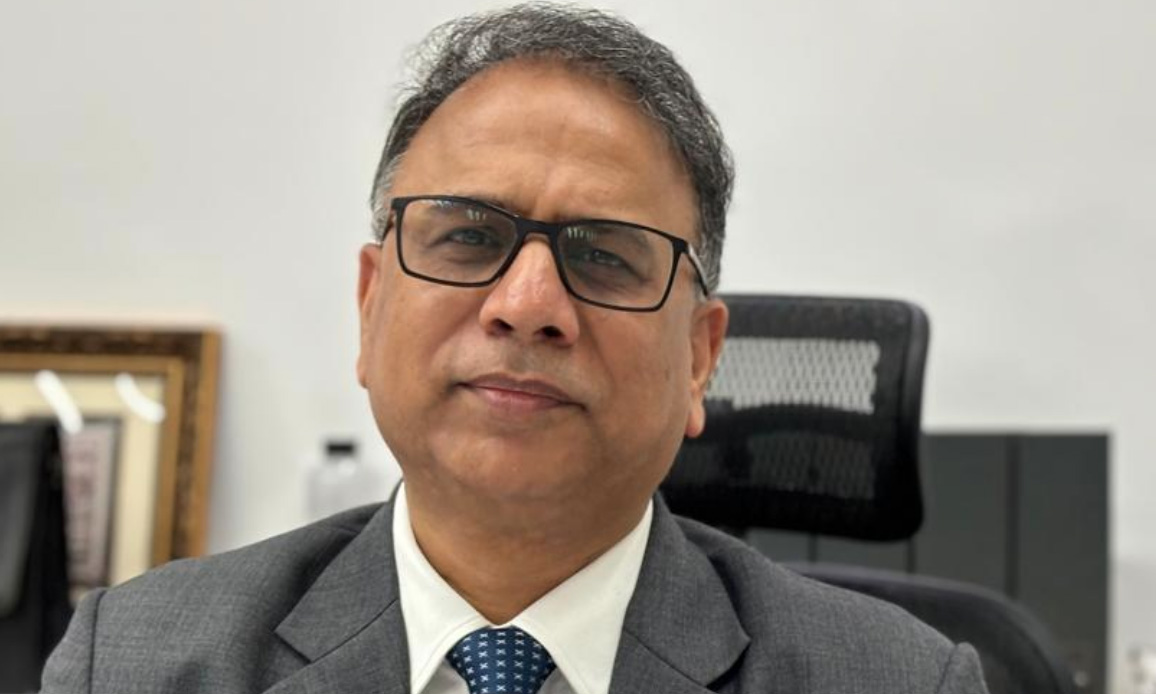Bhubaneswar: India’s ambitious push for a smart, prepaid electricity grid is gaining momentum, with states like Odisha at the forefront of the transformative change.
The nationwide rollout of smart meters is a cornerstone of the Central Government’s Revamped Distribution Sector Scheme (RDSS), aimed at making the energy sector more financially sustainable and consumer-friendly.
Under the guidance of Principal Secretary, Energy, Shri Vishal Kumar Dev, Odisha has been a key player in this energy modernization drive. The state has been actively working to implement smart meter technology, which gives consumers the power to monitor their electricity usage in real-time, leading to greater billing transparency and more efficient consumption.
Financial and Operational Benefits: The transition to prepaid smart meters is designed to address a major issue plaguing the Indian power sector: Aggregate Technical and Commercial (AT&C) losses. By enabling remote monitoring and accurate billing, the new meters help reduce electricity theft and improve the financial health of power distribution companies (discoms).
Empowering the Consumer: Consumers are at the heart of this initiative. The prepaid model, which operates similarly to a mobile phone recharge, allows users to budget their electricity expenses and avoid bill shocks. Real-time consumption data, often accessible via a mobile app, empowers them to make informed decisions and conserve energy.
National Target and Challenges: The RDSS has set a massive target of installing 250 million prepaid smart meters across the country by March 2026. While the rollout has seen significant progress in Odisha, Assam and Bihar, a recent survey by the Confederation of Indian Industries (CII) highlighted the need for clearer regulatory directives, better consumer engagement, and addressing technical hurdles like data security and integration with legacy systems.
Extending the Deadline: With the initial deadline of March 2026 for the national rollout, a parliamentary standing committee on energy had raised concerns about the pace of installation. Some states have struggled to meet the targets, leading to discussions about a potential two-year extension of the RDSS scheme to ensure its full implementation.
The smart meter project is a significant step towards a “future-ready” and accountable energy ecosystem in India. By leveraging technology to bridge the gap between utilities and consumers, the initiative promises a more efficient, transparent, and financially sound power sector.


